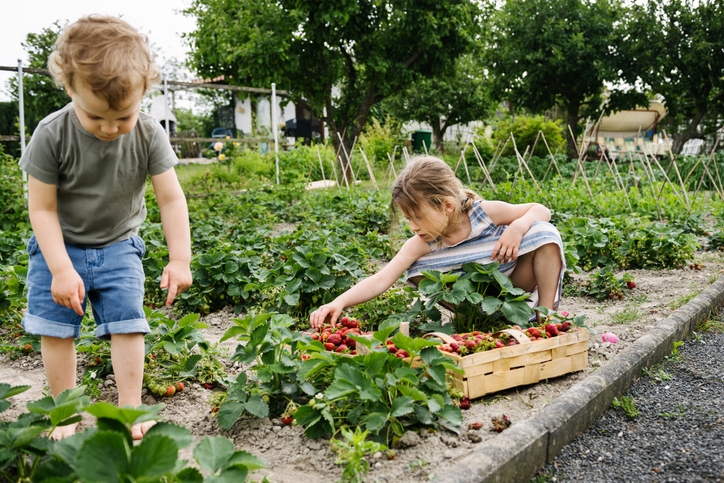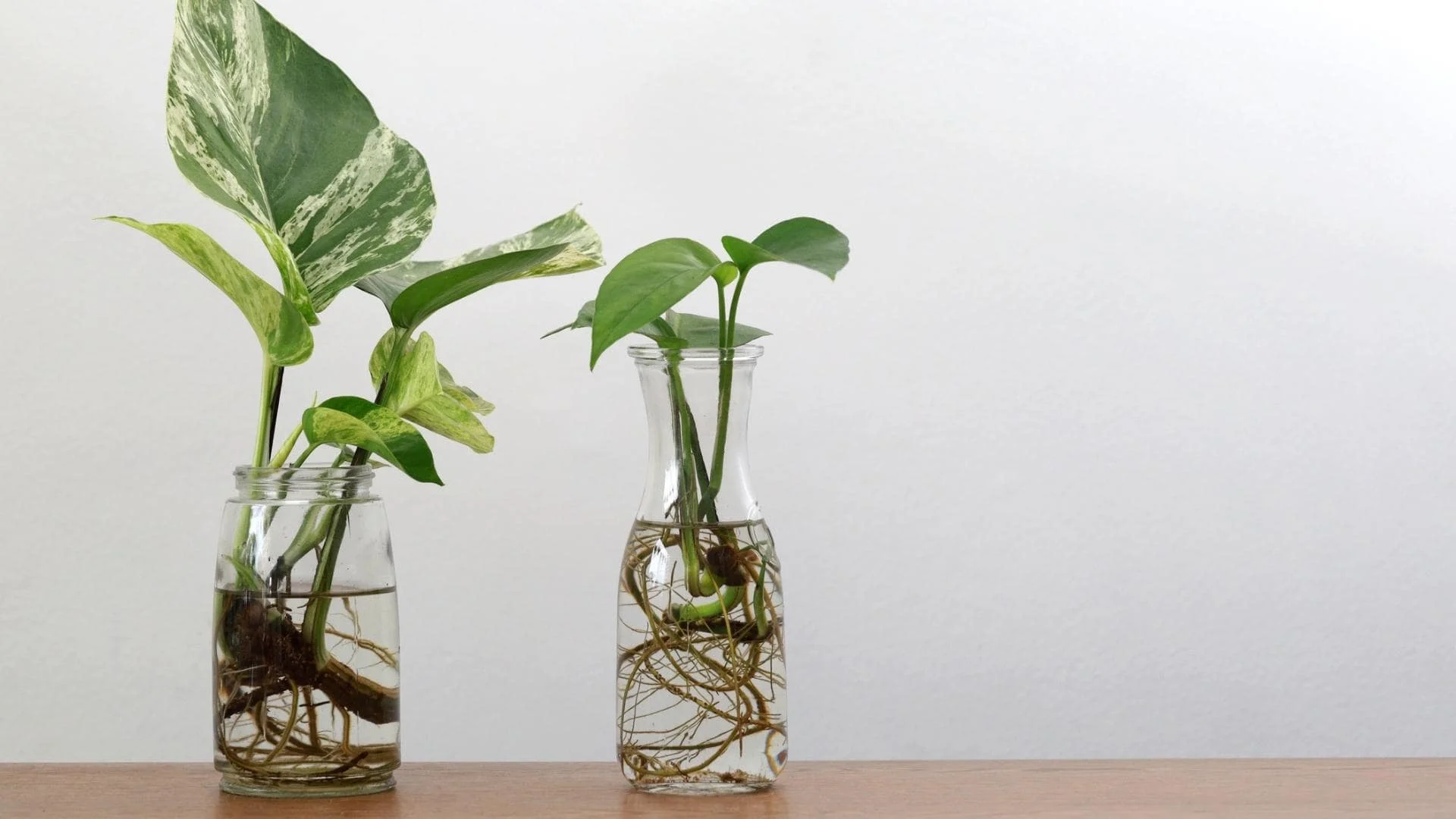Discover
Growing strawberries in NZ: top tips for planting
So say goodbye to plastic punnets - we've got easy tips to make your garden a strawberry paradise.

When is the best time to plant strawberries in NZ?
What are the best growing conditions?
1. Sunlight
2. Soil
3. Watering
4. Temperature
5. Spacing
6. Mulching
7. Fertilisation
8. Protection from pests
9. Renovation
10. Proper variety selection
How to grow strawberries without a big garden
1. Strawberry planters
2. Strawberry grow bags
3. Strawberry racks
Best strawberry varieties for New Zealand
1. Alpine strawberries – tiny and tasty
2. Monterey strawberries – classic goodness
More good options
Plant, pick, enjoy
Ready to start growing strawberries?
Browse a variety of strawberry planting options for sale on Trade Me Marketplace
Shop now Author
Other articles you might like





